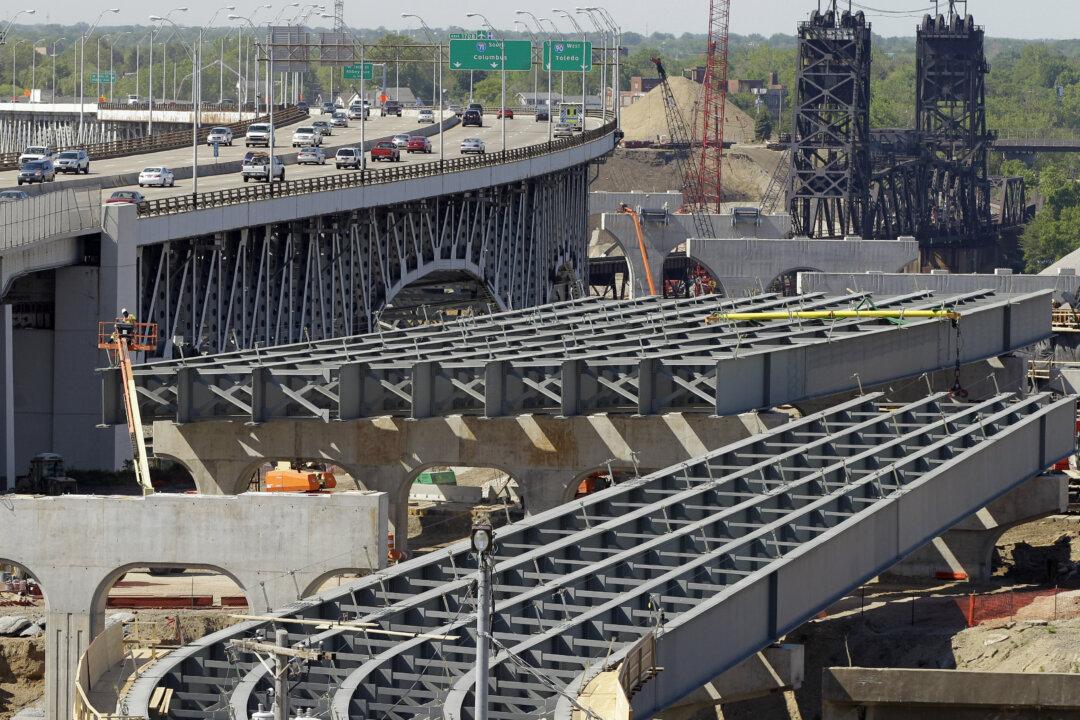WASHINGTON—Congress is racing toward a Friday deadline to renew the law that pays for national transportation programs, and lobbyists trying to shape the legislation are in a frenzy.
Among the issues: the length of trucks allowed on roads, whether recalled used cars must be repaired before they can be sold and how to pay for bridges and highways.
The bill is the lobbyists’ best shot in years at getting policies their clients’ like or blocking regulations they don’t.
Congress hopes to reconcile differences between the House and Senate versions of the bill, and send a compromise to President Barack Obama before the government’s authority to process highway and transit aid payments to states expires.
Customs and Security Fees
Airlines are trying to scuttle a plan that would use customs and security fees shouldered by passengers to pay for roads and other surface transportation projects. Airlines for America, an industry trade association, says it’s wrong to ask travelers to pay for anything unrelated to air travel.
Federal Reserve
The House killed a proposal, opposed by the banking industry, that would have helped pay for the transportation bill by cutting government dividends to large banks. Instead, the measure would transfer $59 billion over 10 years from a Federal Reserve account to the Treasury. Former Federal Reserve Chairman Ben Bernanke and Sen. Tom Carper (D-Del.) have said the transfer is sleight of hand that actually raises no new money. Banks are lobbying to keep the bill as it is.
More Money vs. More Years
Some 40 industry trade groups and labor unions want congressional leaders to spend that newfound Federal Reserve money faster to boost annual transportation spending, even if it means there won’t be enough to pay for a full six years of transportation programs.
Transit Aid
Northeastern lawmakers are angered by a proposal that would eliminate an annual $263 million transit program benefiting seven states with half the nation’s transit riders—Massachusetts, Rhode Island, Connecticut, New York, New Jersey, Delaware and Maryland. The provision would spread the money to all states through competitive grants for bus programs. The lawmakers say the change undermines an understanding with the bill’s sponsors that the measure would not hurt transit funding.
Train Victims
Trial lawyers want to increase the $200 million cap on damage payments in passenger rail accidents, citing the Amtrak crash in Philadelphia in May that killed eight people and injured about 200. According to the American Association for Justice, damage awards to victims are expected to exceed the cap, which was set in 1997. The Senate version of the bill would raise the cap to $295 million, but there’s no increase in the House bill.





